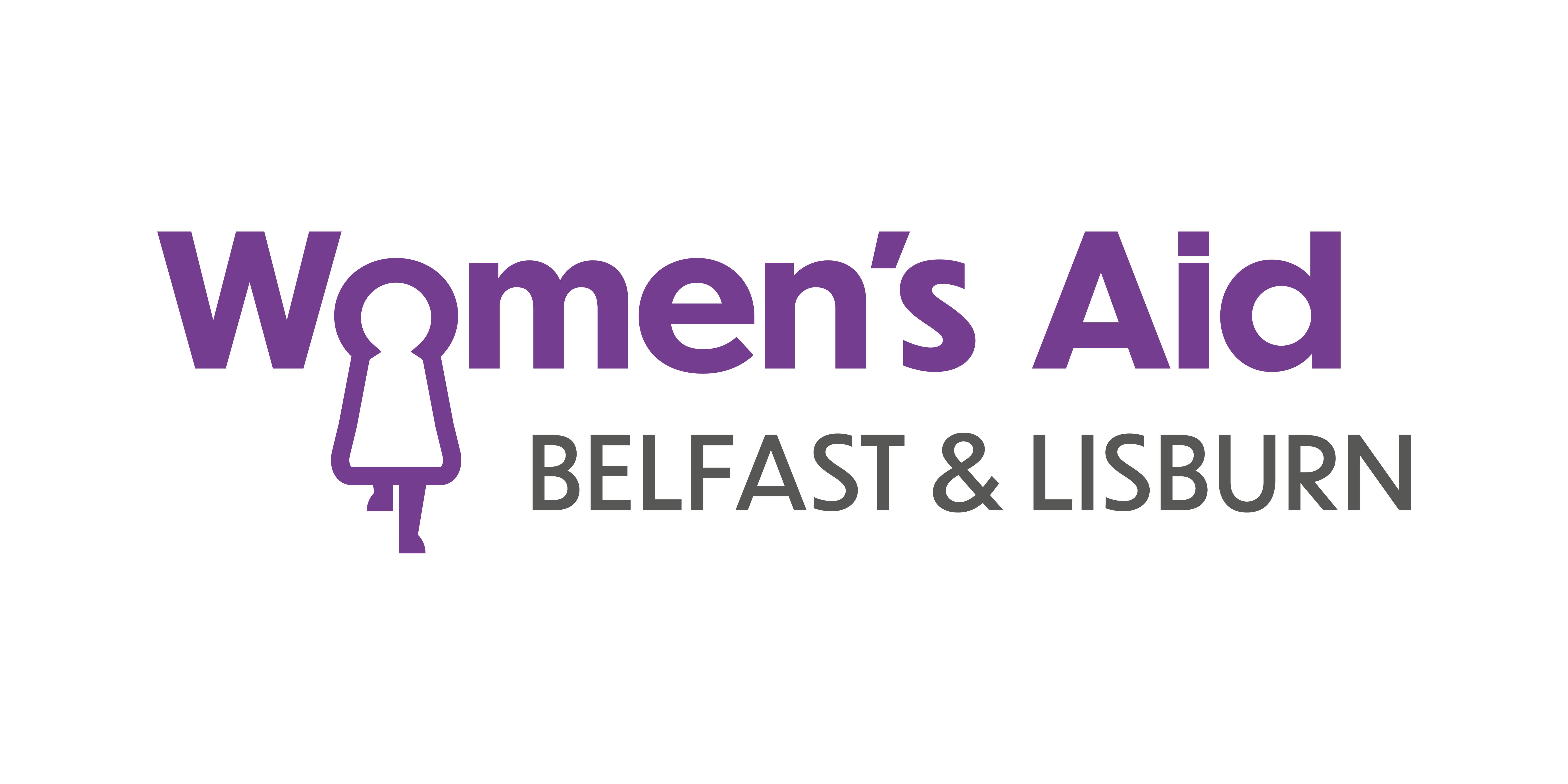What is stalking?
According to the UK stalking charity the Suzy Lamplugh Trust stalking is “a pattern of fixated and obsessive behaviour which is repeated, persistent, intrusive and causes fear of violence or engenders alarm and distress in the victim.”
Stalking has often been romanticised in films, TV shows and in popular culture, portraying stalkers as ‘lovestruck’ people whose obsession with their victim is cute and flattering. However, we know that stalking is far from romantic. It’s terrifying, isolating, and has a devastating impact on victims.

Examples of stalking
Typically some of examples of stalking that may come to mind are someone following another person from a distance, spying with binoculars, or keeping detailed notes about what a person does and where they live. Whilst these are all in fact examples of stalking, they are not the only actions a stalking perpetrator may choose to take against their victim. Other examples of stalking behaviours include:
- Making continuous & unwanted phonecalls
- Sending continuous & unwanted texts, letters, emails, or messages across social media platforms
- Leaving/giving you unwanted gifts such as flowers
- Intimidating your family & friends in person or online
- Constantly turning up at your home or work without invitation
- Creating fake social media profiles in order to spy on you online
- Spreading malicious rumours about you to your friends, family, or even your workplace or children’s school
We must also remember that stalking does not always occur between strangers, and that current/former partners can often use stalking as a way to exert control and hold power over the other person who is/was in the relationship. From our experience we have met many women whose partners have carried out one or more of the above behaviours on a regular basis as a form of domestic abuse. We’ll be sharing our stalking case studies soon, so watch this space…
Stalking laws
Is stalking a crime? The answer is technically, no, not in Northern Ireland. However, there are laws that can help to protect stalking victims. For example, harassment is a crime under the Protection from Harassment Order 1997. This Order prohibits harassment and says:
“A person shall not pursue a course of conduct which amounts to harassment of another; and which he knows or ought to know amounts to harassment of the other.”
Technically, this means that since stalking is a form of harassment, a stalking perpetrator could be prosecuted under the Protection from Harassment Order 1997. However, we know that in order for stalking to truly be tackled, specific stalking legislation such as that in England, Wales and Scotland must be implemented.
Lobby groups and organisations in Northern Ireland are (at time of writing) currently collecting the NI public’s opinions and experiences concerning stalking, in order to present as evidence to the Justice Committee regarding the Protection from Stalking Bill that the Justice Minister has introduced before the Assembly. Minister Long has said that she hopes the bill will become law before the end of the mandate in 2022, which would mean that specific stalking laws would be in place in Northern Ireland.
What is cyberstalking?
You may be familiar with the concept of an ‘online stalker’. You may have even referred to yourself as ‘stalking’ someone’s profile on Facebook, Twitter, or Instagram. Being curious is a natural human trait, and some people may “snoop” innocently with no malicious intentions. However, cyberstalking is more serious and sinister than a quick peep at what your friend’s mum had for lunch yesterday.
So what is cyberstalking? Well, according to the CPS, cyberstalking is harassment that takes place “on the internet and through the misuse of email”. They go on to state that “this can include the use of social networking sites, chat rooms and other forums facilitated by technology” to harass a person in a range of ways, including:
- Constantly sending them messages
- Obtaining personal information such as phone number, email address, home address, place of work and family members
- As a means of surveillance e.g. tracking where they go and when
- Identity theft e.g. subscribing them to services or purchasing goods in their name
- Damaging their reputation by spreading rumours or false allegations about them
- Tricking other internet users into harassing or threatening them i.e. by spreading malicious rumours
In 2020 87% of adults in the UK reported owning smartphones, which means that cyberstalking is likely becoming more common simply due to how accessible the internet is now in comparison to, say, ten years ago. It is quite literally at our fingertips.
Over the past year or so we have mostly all been inside on lockdown for months, which means that stalking perpetrators have had to turn to technology to stalk their victims. In a world where for some time the only connection we had with friends, family and colleagues was online, victims of stalking have had no respite as stalkers have intruded on the only space available for social interaction. Imagine feeling unable to log in to your social media accounts or onto your email for fear of being faced with your stalker or their actions, when this is the only way you can talk to your loved ones. It’s isolating and terrifying in usual times, let alone during a global pandemic.
Because of this, we think that it’s very important to educate ourselves and the younger generations on the importance of being safe online and the potential risk of cyberstalking as part of relationship and sexuality education.
What can be done about cyberstalking and harassment?
If you are a victim of cyberstalking and harassment, it can feel very isolating and quite terrifying, however there are steps you can take. We would recommend that you document ever instance that you can, no matter how small it may seem. For example, if someone is constantly sending you messages and doesn’t stop when you ask them to, make a note of the date and time of each message. It’s also a good idea to screenshot chats if you can, as this could be used as evidence if you decide to go to court.
We also recommend telling a someone you trust about the cyberstalking and harassment so that they are aware of what you’re experiencing. Be aware that they might not recognise the seriousness of the situation, which can be frustrating, however if you feel you can, you should reiterate to them how it is affecting you and how serious it is/could get.
What can the police do about harassment?
Even though there is no specific stalking legislation currently in place in Northern Ireland, the police have the power to help you if you are suffering harassment. You can report the instances of cyberstalking and harassment that you have documented to the police, who at the moment could help under the Protection from Harassment Order 1997 we mentioned before, or Article 8 of the Human Rights Act 1998.
What to do if you are being stalked or harassed:
We understand that going to the police can seem very daunting or may make you feel like you’re overreacting, which is why it can be helpful to reach out for support from an organisation with experience in helping stalking victims. You can contact organisations such as:
- Victim Support NI (for all victims)
- Women’s Aid (if you are a woman being stalked by a current or ex-partner)
- Men’s Advisory Project (if you are a male victim of stalking as a form of domestic abuse)
- The National Stalking Helpline (run by the Suzy Lamplugh Trust) for advice and support if you are a victim of harassment and stalking
One thing you must remember is that being a victim of stalking is not your fault. Perpetrators who stalk seek to instill fear into their victims as a form of control and they are responsible for their behaviour.
If you are a victim of stalking from a current or ex-partner, we can help you. Reach out for support:
Via phone – 028 9066 6049
Via email – support@Belfastwomensaid.org.uk
Via web chat – www.belfastwomensaid.org.uk (available Monday to Friday 9am to 5pm, and until 8pm on Thursdays)
Show all posts
